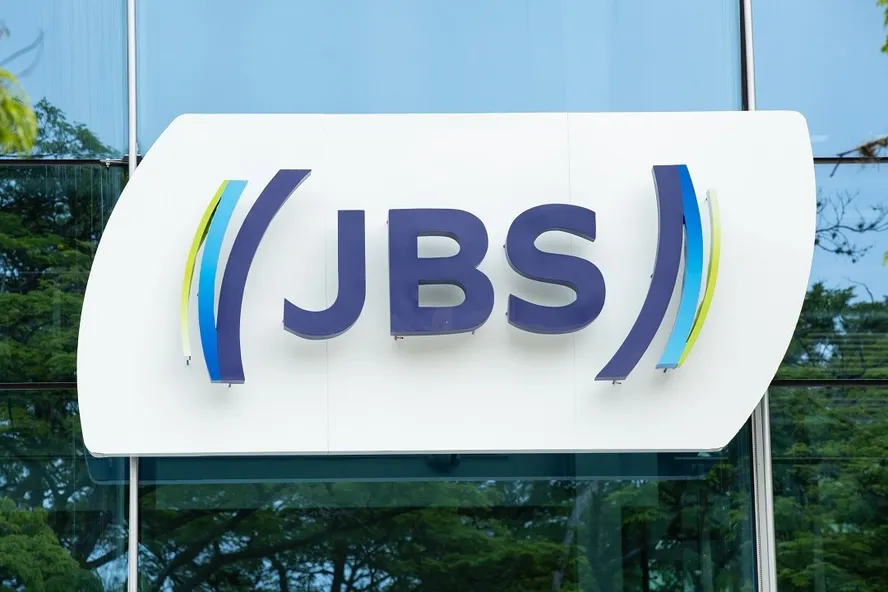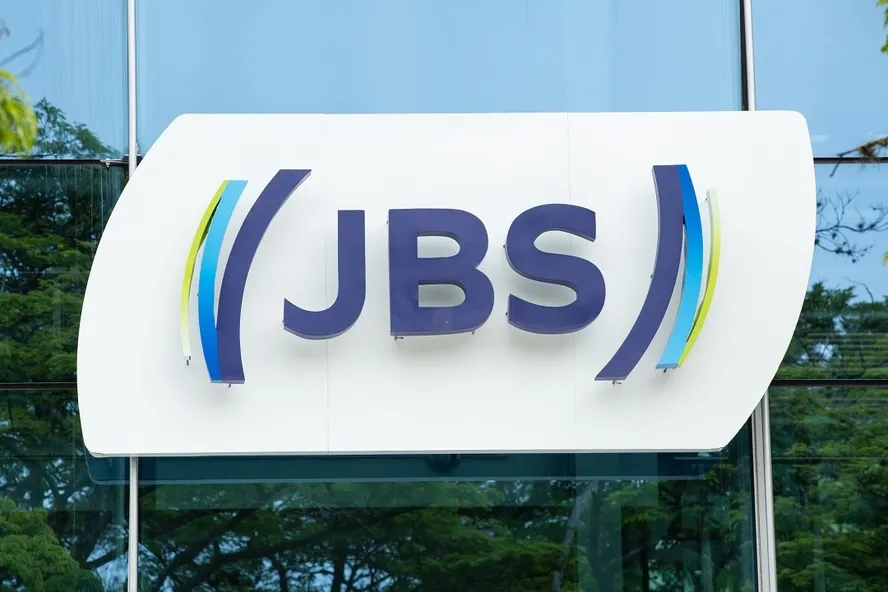China Halts Shipments From JBS Beef Plant in US Over Feed Additive
On May 29, 2024, China announced the suspension of beef exports from a major JBS SA beef plant in Greeley, Colorado. This decision came after a controversial feed additive was detected in meat shipments to the world’s largest beef buyer. This article delves into the details of the suspension, JBS’s response, and the broader implications for the global meat industry.
Background on the Suspension
JBS SA, a leading Brazilian meat processing company, confirmed that China had halted beef exports from its Greeley, Colorado plant. The suspension was triggered by the discovery of a feed additive in meat shipments, which China deemed unacceptable. JBS stated that it is “working diligently with US and Chinese authorities to resolve the situation as soon as possible.” Notably, no other JBS beef facilities in the US have been affected by this suspension.
The Controversial Feed Additive
While the specific feed additive in question has not been publicly disclosed, such additives are often used to enhance growth rates and improve feed efficiency in cattle. However, certain additives are banned or restricted in various countries due to concerns about food safety, animal welfare, and potential human health risks. The presence of this additive in beef shipments has prompted China to take swift action to ensure the safety and quality of imported meat products.
JBS’s Response and Actions
In response to the suspension, JBS is actively engaging with both US and Chinese authorities to address the issue. The company is likely focusing on identifying the source of the feed additive and implementing corrective measures to prevent future occurrences. JBS’s swift action aims to reassure Chinese authorities and consumers about the safety and quality of its beef products.
Impact on the Global Meat Industry
The suspension of beef exports from the JBS plant in Greeley has significant implications for the global meat industry, particularly given China’s role as the world’s largest beef importer.
1. Disruption of Supply Chains
The suspension disrupts supply chains, potentially leading to shortages and increased prices for beef in the Chinese market. This disruption can have a ripple effect, impacting other beef exporters and potentially leading to a reallocation of global beef supplies to meet demand.
2. Regulatory Scrutiny and Compliance
The incident highlights the importance of regulatory compliance in the global meat trade. Meat processors must adhere to the import regulations of destination countries to avoid similar disruptions. This situation underscores the need for robust quality control measures and transparent supply chain practices.
3. Consumer Confidence and Market Dynamics
Incidents like this can affect consumer confidence in imported meat products. Ensuring the safety and quality of beef is crucial for maintaining trust and sustaining demand. Market dynamics may shift as consumers seek alternative sources of beef, potentially benefiting other exporters who meet regulatory standards.
Broader Implications for JBS
The suspension has immediate and long-term implications for JBS’s operations and reputation.
1. Financial Impact
The suspension could result in financial losses for JBS due to halted shipments and potential contractual penalties. Restoring access to the Chinese market is essential for minimizing these financial impacts and maintaining profitability.
2. Reputation and Trust
Maintaining a strong reputation for quality and safety is vital for JBS. The company must demonstrate its commitment to resolving the issue and preventing future occurrences. Transparent communication and effective problem-solving are key to restoring trust with Chinese authorities and consumers.
3. Operational Adjustments
JBS may need to review and adjust its operational practices to ensure compliance with international regulations. This could involve changes in feed sourcing, enhanced testing protocols, and closer collaboration with regulatory bodies.
Future Outlook and Resolution
The path to resolving the suspension involves several critical steps:
- Identifying the Source
JBS must identify the source of the feed additive and ensure it is eliminated from the supply chain. This involves rigorous testing and monitoring to prevent recurrence.
- Enhancing Compliance
Strengthening compliance with international regulations is essential. JBS should review its quality control measures and implement stricter oversight to meet the standards of importing countries.
- Engaging with Authorities
Ongoing engagement with US and Chinese authorities is crucial for resolving the suspension. JBS must demonstrate its commitment to compliance and cooperation to regain market access.
- Rebuilding Trust
Restoring consumer confidence requires transparent communication and consistent quality. JBS should proactively inform stakeholders about the steps taken to address the issue and ensure the safety of its products.
Conclusion
China’s suspension of beef exports from the JBS plant in Greeley, Colorado, over a controversial feed additive, underscores the complexities of the global meat trade. For JBS, resolving the issue is paramount to regaining access to the Chinese market and maintaining its reputation. This incident highlights the importance of regulatory compliance, quality control, and transparent communication in the meat industry. As JBS works towards a resolution, the broader implications for supply chains, market dynamics, and consumer confidence will continue to unfold, shaping the future of the global meat industry.
Read: JBS Reports Strong First Quarter for Seara Unit



